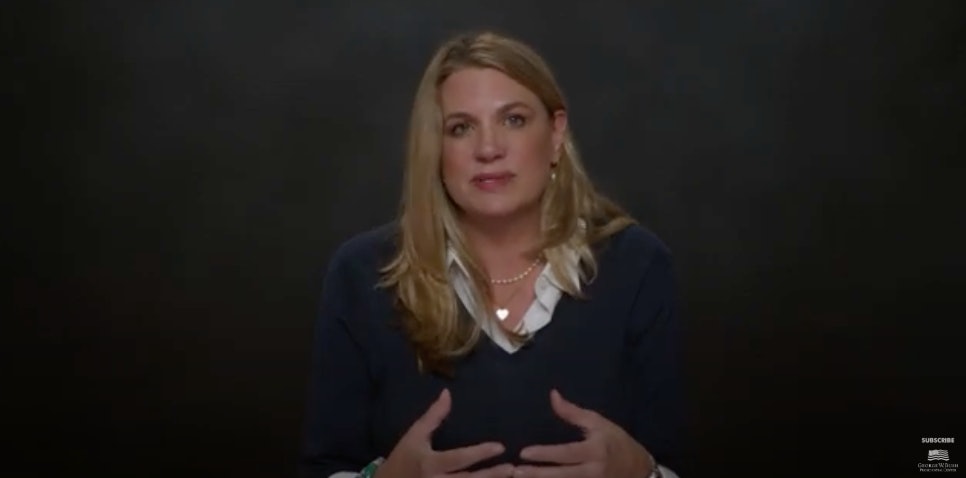"Education is our most urgent priority. And it should have the highest call on our time and resources."This week Mrs. Laura W. Bush...
“Education is our most urgent priority. And it should have the highest call on our time and resources.”
This week Mrs. Laura W. Bush addressed the International Literacy Day Symposium at the United Nations in New York in her role as Honorary Ambassador for the UN Literacy Decade. Mrs. Bush and UNESCO Director-General Irina Bokova led the symposium “Literacy: A Foundation for Development.”
Throughout the world today, 796 million adults are illiterate and 67 million children are not in school. We know that literacy is not just an issue of the developing world, but also a central challenge in education faced by America’s communities, schools, and families. Mrs. Bush and the Director-General also visited East Side Community High School, where one principal’s innovative literacy program is transforming the way students approach reading.
Shining the Spotlight on International Literacy
Throughout her life, Mrs. Laura W. Bush has championed education and literacy as fundamental building blocks of freedom and opportunity.
On Wednesday, Mrs. Bush addressed educational and cultural leaders from around the world at the International Literacy Day Symposium in New York City at United Nations Headquarters.
Mrs. Bush has served as UNESCO’s Honorary Ambassador for the UN Literacy Decade since 2003. Her remarks focused on her belief that “literacy lifts women out of poverty and opens doors of opportunity.”
Expanding access to education and literacy will be a central component of Mrs. Bush’s work as Chair of the Women’s Initiative at the George W. Bush Institute. The Women’s Initiative will focus on helping women build stronger and better communities around the world by enhancing their access to not only education, but to health and economic opportunities as well.
Mrs. Bush convened the Conference on Educating and Empowering the Women and Girls of Afghanistan at the Bush Institute in March. The Conference examined the scope and complexity of illiteracy among Afghan women. More than 30 years of war and the brutality of Taliban rule served to silence half the population. In 2001, fewer than 900,000 boys—and no girls—were enrolled in Afghanistan’s schools. Today, more than 6.2 million students are enrolled and 35 percent of them are girls. Although these are signs of great progress, many challenges persist.
Mrs. Bush said, “George and I hope to continue for the rest of our lives to work with the people of Afghanistan and women across the broader Middle East. If women are free to be able to contribute to their societies equally with men, they will be able to lead democracy movements in their cultures.”




























